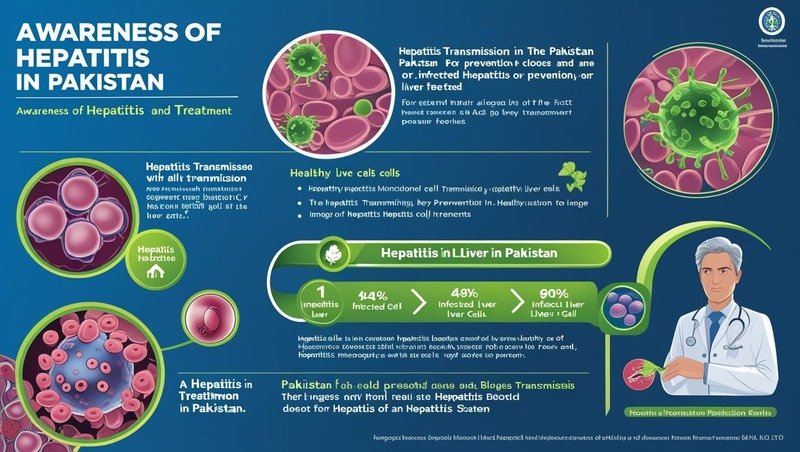
Tragedy Strikes in Karachi: Over 100 Children Die Due to Diphtheria
A terrible health catastrophe is currently affecting Karachi, Pakistan, as more than 100 children have sadly died from diphtheria. Serious questions concerning the condition of healthcare facilities in the city and the country as a whole have been raised by the spread of this preventable disease. The situation deteriorates due to inadequate immunization efforts and a shortage of vital medical resources.
This article investigates the reasons for the diphtheria outbreak in Karachi, the condition of healthcare now, and the actions that should be taken to avert similar catastrophes in the future.
The Diphtheria Crisis: An Overview
The bacterial infection known as diphtheria is very contagious and is attributed to Corynebacterium diphtheriae. It mostly affects the throat and nose mucous membranes, but in extreme situations, it can harm the kidneys, heart, and neurological system. If treatment is not received, the condition has a high death rate, making it especially deadly for youngsters.
What is Diphtheria?
A respiratory disease called diphtheria can result in severe dyspnea, heart failure, paralysis, and even death. Toxins produced by the bacteria damage healthy tissues in the respiratory system, causing a thick membrane to grow in the throat that can obstruct airways.
Symptoms of Diphtheria
Symptoms of diphtheria include:
- Fever
- Sore throat
- Swollen glands in the neck
- Difficulty breathing
- Fatigue
How Diphtheria Spreads
When an infected individual coughs or sneezes, respiratory droplets are released into the air, which is how diphtheria spreads. Additionally, it can spread by contact with tainted surfaces or things.

The Current Situation in Karachi
It is concerning that more than 100 children have been proven deceased from diphtheria in Karachi. Most of these kids came from low-income households with little access to medical care. The largest city in Pakistan, Karachi, has a dense population that makes it more difficult for infectious diseases like diphtheria to spread.
Many parts of the city have been impacted by the outbreak, especially those with inadequate access to clean water and poor sanitation. Local healthcare providers are making an attempt, but the problem is still getting out of hand.
Lack of Medical Facilities in Pakistan
The absence of proper medical facilities in Karachi is one of the main causes of the diphtheria outbreak. Many hospitals lack the resources necessary to handle the increase in patients. Essential medical supplies, such as diphtheria antitoxin, which is vital in treating the infection, are in low supply.
State of Healthcare Facilities
The capacity of Karachi’s hospitals, particularly the public ones, is being exceeded. Healthcare professionals find it challenging to deliver prompt and efficient care due to a lack of infrastructure and antiquated equipment.
Challenges Faced by Hospitals
Despite their great efforts, healthcare personnel encounter various difficulties, such as inadequate training to manage such epidemics and poor sanitation in many hospitals.
Children as the Most Vulnerable Population
Children’s weakened immune systems make them especially vulnerable to diphtheria. The majority of the youngsters infected by the outbreak in Karachi come from underprivileged areas where malnourishment and inadequate medical treatment are prevalent.
Mortality Rates Among Children
Compared to adults, children who contract diphtheria have a much greater death rate. The danger of death is significant in the absence of prompt treatment, particularly for children less than ten.

Conclusion: The Need for Immediate Action
Pakistan needs to act quickly to address the diphtheria outbreak in Karachi and stop more from happening. Improving immunization rates, fortifying the healthcare system, and increasing public knowledge are crucial steps that need to be taken right away. To guarantee that no more lives are lost to this preventable disease, the government, medical experts, and international organizations have a combined obligation.










Leave a Reply